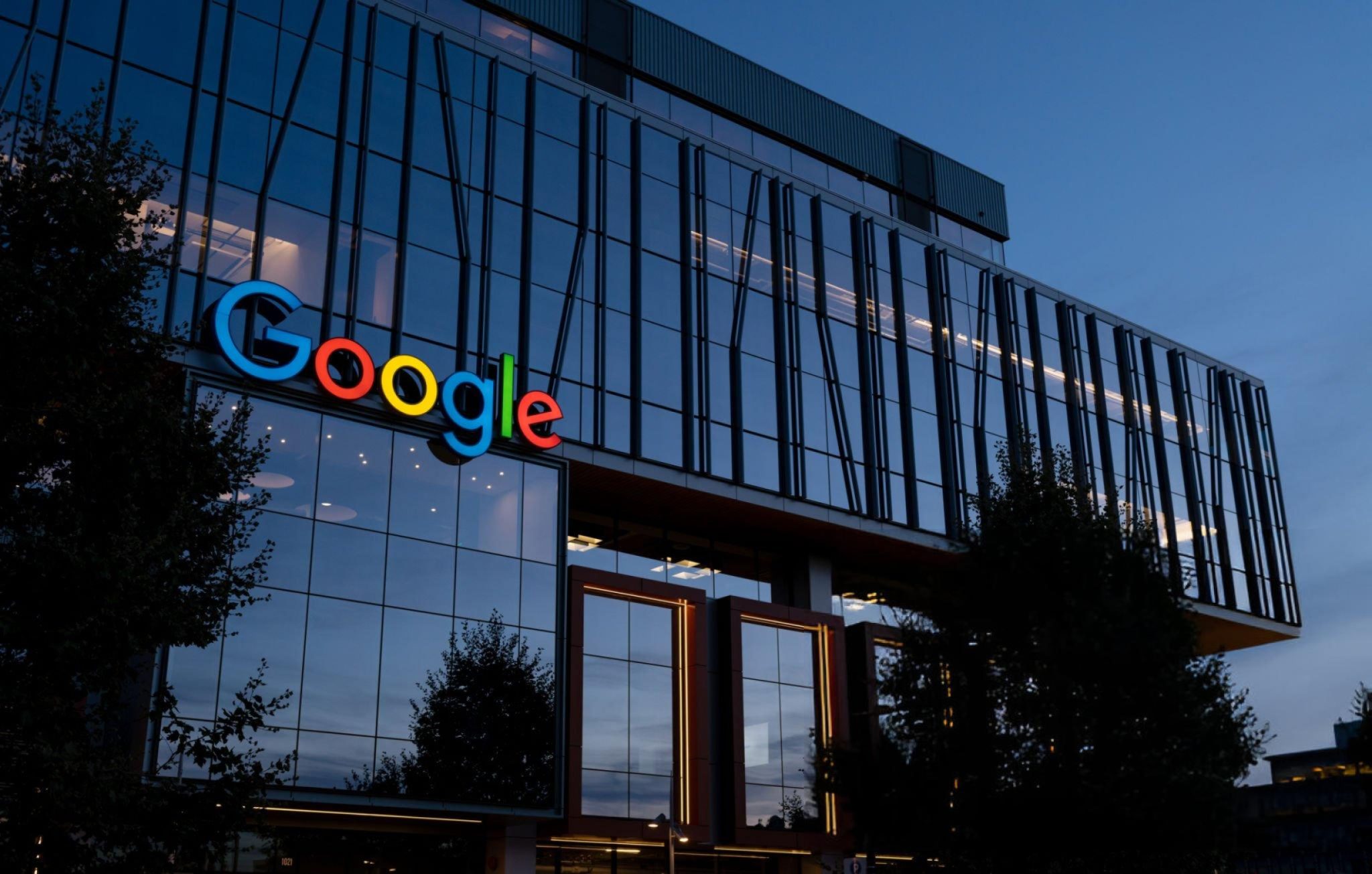In a move that marks the end of an era for many internet users across the globe, Google has confirmed it will soon begin redirecting all traffic from its country-specific search domains to the centralised google.com domain. Whether you’re used to typing google.co.uk in Britain or google.in in India, your search will soon land you on the global Google homepage, no matter where you’re browsing from.
This shift, reported by 9To5Google, is part of Google’s strategy to streamline and standardise the user experience across regions. The tech giant has clarified that while the look of the domain may change, the way search functions—and how results are tailored to local regulations and relevance—will remain unaffected.
What’s changing?
In short, users will no longer need to rely on country-code top-level domains (ccTLDs) like google.com.br, google.co.jp, or google.co.uk to get location-specific results. If you attempt to visit these regional domains, you’ll now be automatically redirected to google.com. The update will roll out in stages over the coming months and will be universal across desktop and mobile platforms.
The change means your browser address bar will now display google.com regardless of your geographical location. However, Google has confirmed that this doesn’t mean the end of regionally relevant content. In fact, since 2017, Google has been delivering localised results based primarily on the user’s physical location, not the domain being used. So whether you’re in London or Lisbon, your search experience will still reflect the place you’re searching from.
Why the shift?
Google says the aim is to “simplify” how Search works across the globe, offering a more unified and seamless experience. The use of ccTLDs was initially intended to help serve country-specific results, but with advancements in location detection, they’ve become somewhat redundant. Now, regardless of which domain you start with, your search results will be shaped by where you are, not the letters after the dot in your URL.
In effect, this means Google’s search engine is becoming more domain-agnostic—focused entirely on delivering what’s most relevant to you based on your real-time location and personal settings, rather than how you access the site.
Will this impact users?
For most people, this change will be barely noticeable. The layout and functionality of Search will remain exactly the same. Local content, local laws, and language settings will still be honoured, and users won’t need to tweak anything manually. However, users who habitually visit a specific ccTLD for nostalgia, branding, or habit may find the redirection slightly jarring at first.
From a legal and regulatory standpoint, Google has also reassured governments and watchdogs that the shift won’t affect its compliance with local laws, censorship rules, or content restrictions.
What else is new at Google?
Alongside this domain shift, Google is also pushing forward with its artificial intelligence ambitions. Gemini AI, the company’s latest generative AI model, is now being integrated more deeply into everyday services. Most notably, Google Photos on Android is receiving a Gemini upgrade.
Users can now prompt the Gemini-powered assistant with natural language commands to sift through their photo libraries. For example, you can ask it to “find selfies from Glastonbury 2022” or “show videos with dogs at the beach,” and it will deliver results instantly. The update allows for both quick image discovery and more nuanced, conversational queries, making it easier to manage vast collections of photos and videos.
The bottom line
While the retirement of country-specific Google domains marks a symbolic end to the web’s early regionalisation, the practical implications are minimal. What it really signals is the next step in a broader trend: a global internet experience tailored to individuals, not nations. For everyday users, the world of Google Search just got a little simpler—and a bit more global.







